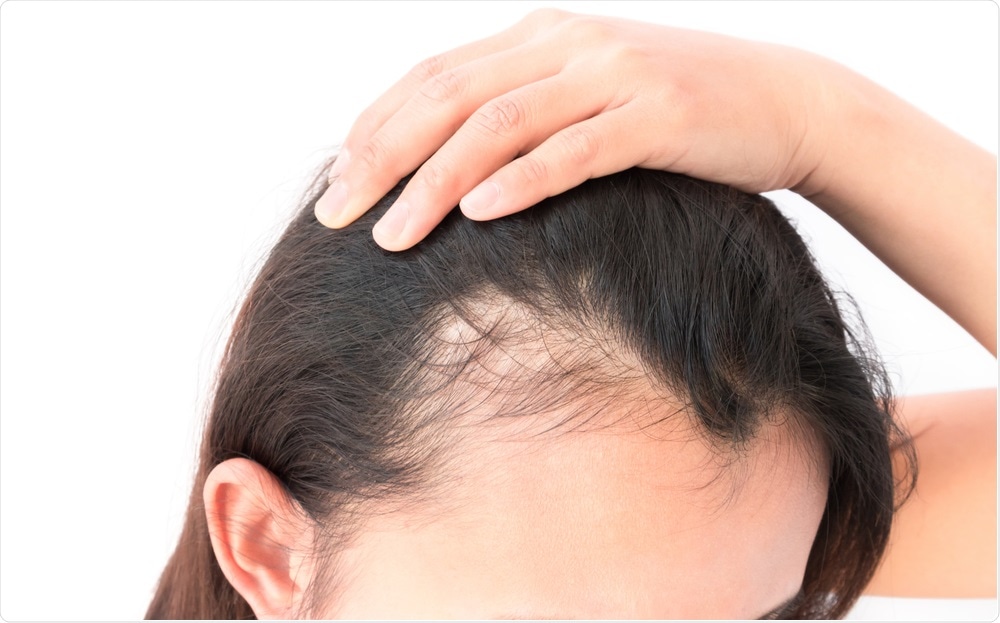
What is particulate matter?
Particulate matter (PM) is a mixture of small particles and liquid droplets made up of a wide range of acids, including nitrates and sulfates, organic chemicals, metals, and soil and dust particles. These particles are linked to a number of health problems due to their microscopic size, which allows them to easily enter the lungs and cause damage to both the lungs themselves and the heart as well.Particulate matter is split into two categories: PM10 and PM2.5. PM10 refers to particles with a diameter of 10 micrometers or less, and PM2.5 refers to particles with a diameter of 2.5 micrometers or smaller.
Both categories are thought to be major pollutants, but while their effects on cardiac and respiratory health are being actively studied, their effects on the skin and hair have not been determined.
Examining the effects of air pollution on human hair
This new research used human scalp cells found at the base of hair follicles (known as human follicle dermal papilla cells, or HFDPCs), which were exposed to a range of concentrations of diesel particulate and dust resembling PM10.After a period of 24 hours, the researchers used western blotting, a laboratory technique in which specific protein molecules can be identified in a complex mixture of different proteins.
After performing the western blot, the results showed that PM10 and diesel particulate matter decreased the levels of β-catenin, which is a protein responsible for encouraging hair growth and morphogenesis, the biological process that gives an organism its shape through cell, tissue, and organ differentiation.
The proteins cyclin D1, cyclin E and CDK2, all responsible for hair growth and hair retention, were also decreased by the PM10 dust and diesel particulate. The researchers found that the higher the levels of pollution, the lower the levels of proteins in the hair became.
While the link between air pollution and serious diseases such as cancer, COPD and CVD are well established, there is little to no research on the effect of particulate matter exposure on the human skin and hair in particular. Our research explains the mode of action of air pollutants on human follicle dermal papilla cells, showing how the most common air pollutants lead to hair loss.”The sources of particulate matter are broad and stem from areas that people are often exposed to, sometimes on a daily basis. These sources can include petrol and diesel fumes, mining, building, the manufacture of cement, ceramics, and bricks, and through the burning of fossil fuels like coal, oil, and biomass.
Hyuk Chul Kwon, Lead Researcher, Future Science Research Center, Korea
Damage to the skin can be seen in premature ageing, discoloration, and dryness, whereas damage to the hair through exposure to pollution can be seen in hair loss.
A separate study carried out by hair transplant surgeon Rajendrasingh Rajput discovered that pollution can cause increased sensitivity in the scalp, leading to itching, dandruff, excess oils, and painful hair roots.
All of these symptoms can lead to increased hair fall, either from scratching or irritation from airborne pollutants.
To help keep the hair and scalp clear from excess pollution build-up, Rajput recommended maintaining good hair hygiene by washing it regularly. Other methods include staying hydrated, wearing hats to protect against pollution, reducing damage through styling at lower heats, and deep-conditioning the hair once a week.
28th European Academy of Dermatology and Venereology (EADV) Congress. Press Release. October 8, 2019.






No comments
Post a Comment